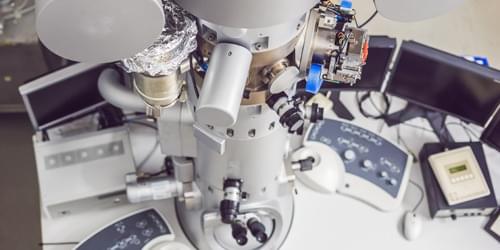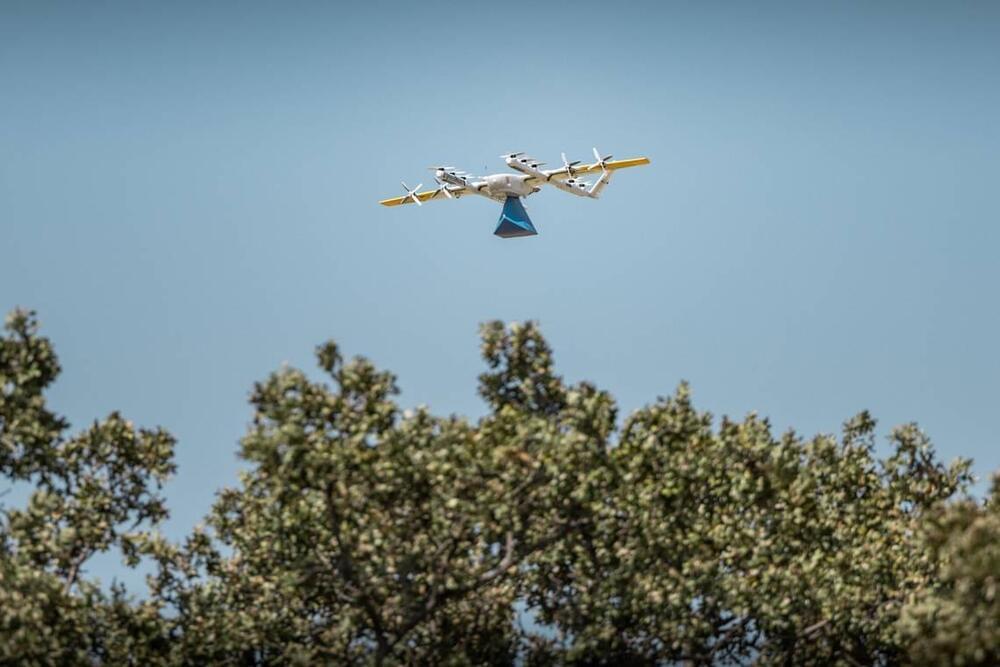Without verbal communication, a group of 100 longhorn crazy ants can simultaneously grab onto an object 10,000 times their weight and collectively walk it to their nest. Scientists understand the ant-behavioral rules behind this feat but have lacked a coarse-grained description of how the group moves. Tabea Heckenthaler of the Weizmann Institute of Science in Israel and her colleagues now provide that description, showing that it fits expectations for a self-propelled particle [1]. The finding offers a simplified route to modeling complex systems.
When a foraging ant happens upon a tasty morsel too big to carry alone, she recruits other ants via a pheromone trail. When enough helpers are gathered, they grab on with their mouths and move the object toward home. Ants at the front pull the load, while those at the back lift to reduce friction. From studies of individual ants, scientists have gleaned other details; for example, after an ant grabs on, she spends around 10 seconds pulling in what she thinks is the direction of the nest—regardless of the group’s actual direction—before aligning her efforts with the other workers. There is also a constant turnover of workers, with ants dropping off and new ants immediately filling gaps.
Instead of accounting for such individual behaviors, Heckenthaler and her colleagues consider the ants and the food item as a single moving system. From experiments performed with a cog-shaped load coated in cat food (to encourage the ants), they find that the ant-load system follows trajectories similar to the directed walks of individual self-propelled particles. Comparing trajectories of cogs carried by different numbers of ants, the researchers then show that they can work out details of the ants’ individual behavior from the group-level measurements.








